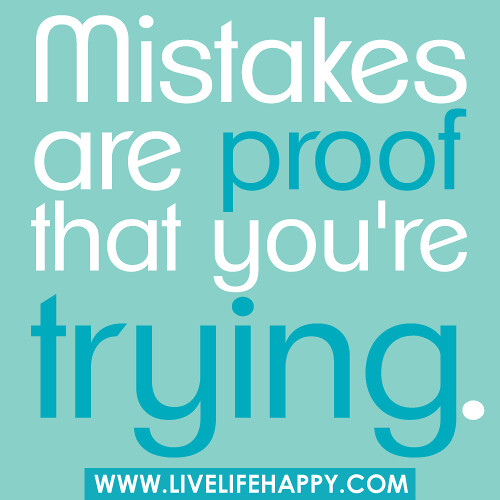So many times my students see their writing as a "final project." They put something down on paper (or on a screen), and they call it a finished project. There are two sayings that students often hear in my classroom: 1. You can't just vomit your thoughts on paper, say it's done, and then expect me to admire it. I don't admire vomit. 2. There is never a finished project in writing.
My intent is to make writing, all writing, continuous. I want students to constantly reflect on their writing, their learning, and their processes for that writing and learning. My role is to help that reflection by providing formative feedback, and I do. A LOT. The problem is that students (and parents) are so used to seeing feedback as a final decision, a grade, that they are devastated if that grade is lower than an A. Why should it be an A? I have never done something right the first time (including writing these blog posts). I am used to failure because I fail every day. This doesn't mean that failure is final. Failure is a step in my growth. Why did I fail? How can I fix it? How can the next attempt be better?
Last year, I had an incredibly bright student--let's call him Joe--who was working on a digital storytelling project in my AP Literature and Composition class (click here for a link to the description of the project). I had given guidelines and rubrics for the outcomes, but the instructions on how to achieve those outcomes were purposely loose. I wanted the students to have freedom of creativity; I didn't want to keep them on a leash. Joe worked happily in his group on the project, but the submitted "final" result did not meet the requirements of the rubric. I used the rubric for my feedback, and Joe was upset with himself and his group because they didn't pay enough attention to the rubric. I told him not to be upset; just fix the project and resubmit. His face lit up, and he said, "You mean I can redo it and make it better?" Of course; that's the point. Learn from your failure and make it better the next time. Joe's next product was MUCH better because he analyzed his mistakes from his first attempt (based on my formative feedback) and corrected them.
Now, I've been writing about, well, writing, but this can apply to anything. Ask a mechanical engineer to describe his or her career path, and you’re likely to hear something along these lines: I built this cool thing, but it didn't work, so I had to take it apart and try again. And again. And again. Failure is tool for learning; no inventor gets it right on the first try.
In this video profile, students meet mechanical engineer and inventor Nate Ball, who explains his big invention – a rope-climbing device named the Atlas Power Ascender that is employed in search-and-rescue operations. He describes the process used to design, build and test the Ascender and discusses the role of failure, which is not only common in engineering but teaches valuable lessons. WATCH: http://to.pbs.org/1ea3ScA
Like what you read? Follow me on Twitter @itibrout!



